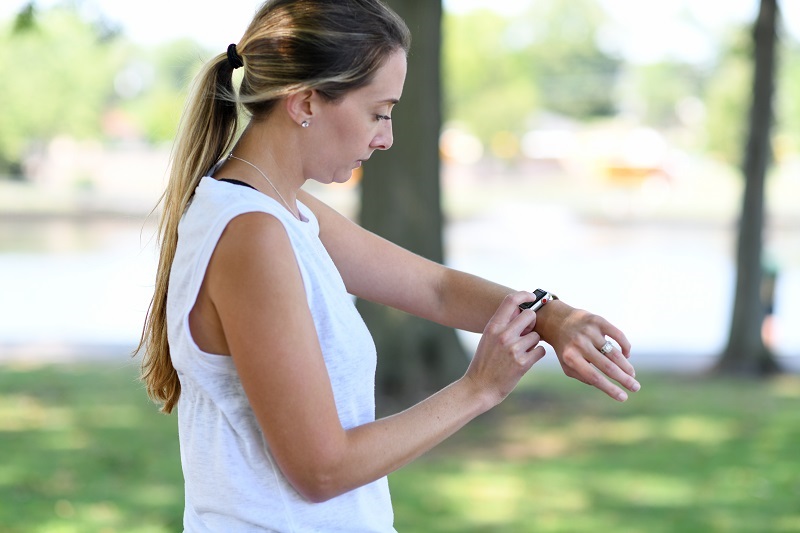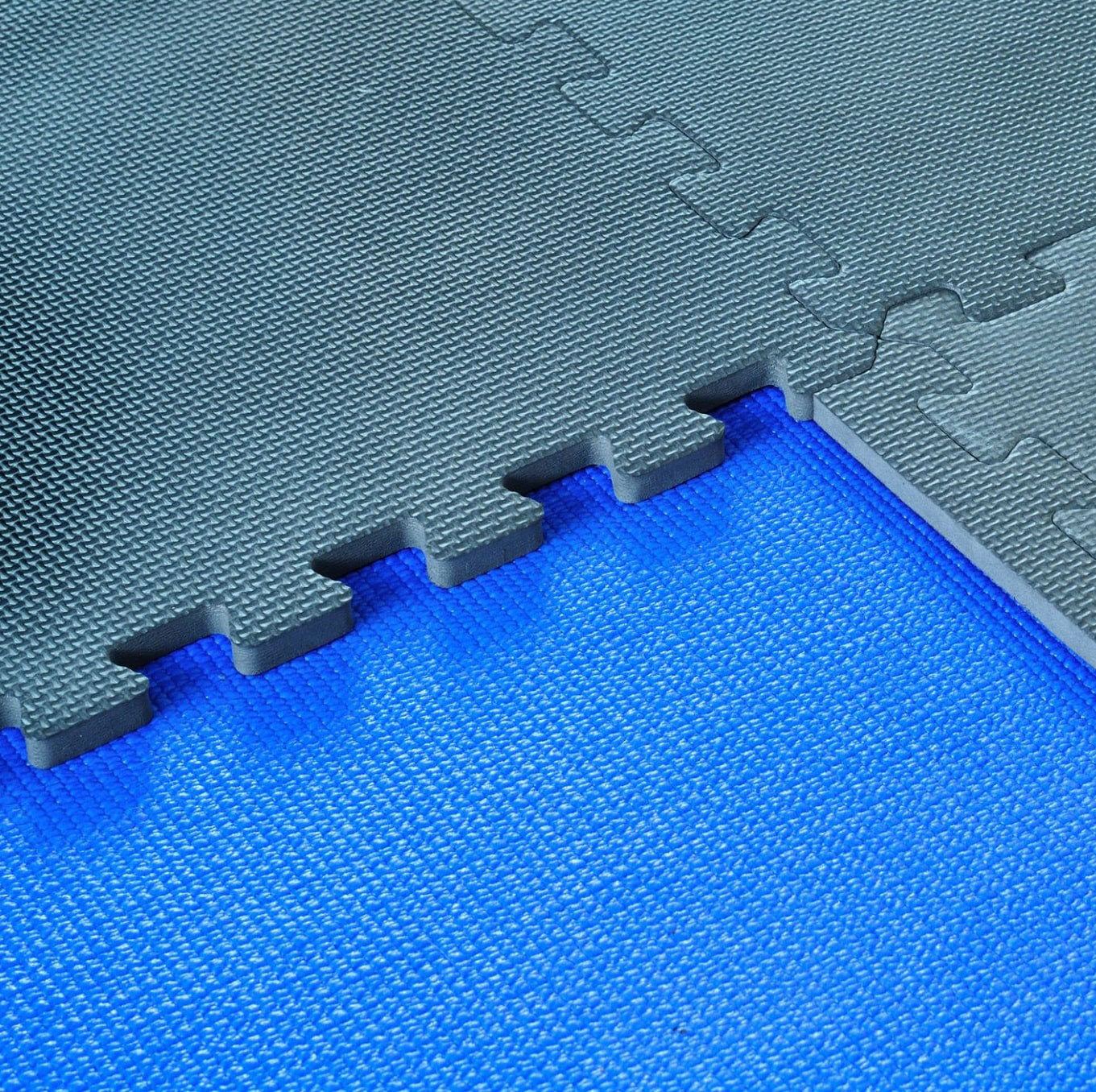Is it Safe to Work Out in Humid Weather?

September 18, 2023
Exercising outside on hot, humid days may be harmful to your health. During outdoor workouts, it’s not just the heat to consider. Pay attention to the humidity as well.
Humid weather makes you feel hotter, so it’s harder to cool off. Plus, hotter perceived temperatures put greater stress on your body.
“When the weather forecast calls for a hot, humid day, consider indoor workouts,” family medicine physician, Ullanda Fyffe, M.D. says. “Together, heat and humidity may increase the risk of health incidents.”
How Humidity Affects Outdoor Workouts
Humidity is a measure of how much moisture is in the air. It’s harder to cool off on humid days because the air is heavier with moisture.
Humidity makes a hot day feel even hotter. The heat index combines temperature and humidity, describing how the weather actually feels:
- A 90-degree day with 50% humidity feels like 95 degrees.
- A 90-degree day with 70% humidity feels like 105 degrees.
- A 90-degree day with 80% humidity feels like 113 degrees.
Normally, when you’re hot, you sweat, and when sweat evaporates, that cools you off. On humid days, with so much moisture in the air, sweat doesn’t evaporate easily.
“You’re left feeling hot and sticky, with no relief,” Dr. Fyffe says. “Exercising outdoors compounds the problem, because exerting yourself makes you feel even hotter.”
Health Problems Linked to Hot, Humid Workouts
Exercising in hot, humid weather increases your risk of different types of health problems:
- Increased core body temperature. Your temperature is likely to rise on humid days, when sweating doesn’t cool you. An elevated body temperature caused by humidity puts you at risk of other conditions.
- Dehydration. You may lose too much water – by sweating without rehydrating – on hot, humid days. Water leaves your bloodstream, making your blood thicker, harder for your heart to circulate.
- Heat cramps. When you’re hot, sweaty and dehydrated, you may experience muscle spasms while exercising outdoors. Heat cramps, a mild form of heat illness, mean that you’re overexerting yourself.
- Heat exhaustion. Exercising in humidity plus increased body temperature and dehydration may cause heat exhaustion. You may feel fatigued, short of breath, dizzy or faint, and you may vomit.
- Heart stroke. This life-threatening form of heat illness may occur when exercising in the humidity. You may feel confused, have a body temperature above 103 degrees and pass out.
“Succumbing to heat and humidity while exercising doesn’t mean that you aren’t tough enough,” Dr. Fyffe says. “It just means that the weather is too extreme for your chosen physical activity.”
How to Manage Heat Illness on Hot, Humid Days
You may exercise outside on hot, humid days without incident, but be mindful. Sometimes, heat illness may arise, even if you think you shouldn’t be affected.
Be alert for signs of health problems linked to hot, humid weather:
- To decrease your chances of dehydration, drink cool water before, during and after workouts.
- If you notice muscle spasms that could be heat cramps, stop exercising and rehydrate.
- For heat exhaustion, go somewhere air conditioned, rehydrate well and take a cool shower.
- If you suspect a heat stroke, call 911 or go to the emergency room. Use air conditioning and cool washcloths to cool down until treatment is available.
How to Exercise Outdoors on Hot, Humid days
If you plan to work out outside on hot, humid days:
- Exercise before 9 a.m. or after dinner, when it’s cooler
- Drink water before you begin and during and after your workout
- Shorten your workouts and decrease the intensity until you acclimate to the humidity
- Wear light-colored clothing that wicks away moisture
- Exercise in the shade when possible, or along a route with a breeze
Who Should Avoid Exercising in the Heat and Humidity
If you have an acute illness, you probably should avoid exercising outdoors in the heat and humidity. Speak to your doctor for further guidance. If you fall into these categories, plan for indoor workouts on humid summer days:
- You have high blood pressure
- You have coronary artery disease
- You have another type of heart disease
- You are an older adult (ask your doctor for guidance)
You don’t need heart disease to decide to work out indoors when it’s humid. When it’s too uncomfortable outside, exercising indoors may keep you safe from heat illness.
Next Steps & Resources:
- To make an appointment with Dr. Fyffe, or a doctor near you, call 800-822-8905 or visit our website.







